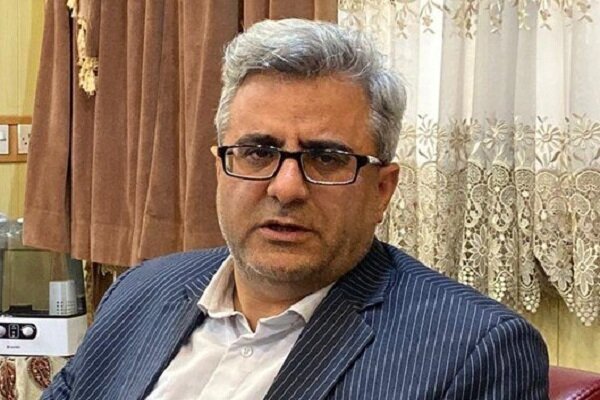“I believe that tourism industry of the country will get back on the right track far sooner than generally expected thanks to the measures taken to deal with the spread of coronavirus in tourist destinations, hotels, stopovers, and all the centers which are affiliated with the Ministry of Cultural Heritage, Tourism and Handicrafts,” Teymouri said in an exclusive interview with the Tehran Times on Sunday.
“In response to the pandemic, the tourism ministry in close collaboration with the health ministry has developed protocols comprising practical guidelines and instructions to improve health standards in hotels, guest houses, eco-lodge units, tourist destinations, transport facilities, recreational centers, and restaurants.”
Titled ‘The Smart Travel Protocol (Travel + Health)’, it has been widely welcomed by travel professionals and tourism stakeholders for being very effective in recovering and stimulating domestic tourism, Teymouri explained.
The official also praised Iran’s hospitality sector for doing its best even during the days that the pandemic was at the highest level in the country. “Due to the observance of health standards and quality of services, [a significant number of] accommodation centers and hotels in Iran were open and ready to provide services even during the peak days of the disease.”
Referring to foreign arrivals, Teymouri said that international tourism could be recovered soon because it is mostly relying on potential travelers and pilgrims from the neighboring countries.
“Given the policies of the country’s tourism industry over the past two years to focus on tourism markets in the neighboring countries, the possibility of recovering and reviving international tourism in the shortest possible time is predictable.”
Teymouri also appreciated the country’s healthcare system for its measures to contain the virus saying, “Iran was one of the first countries hit by the coronavirus outbreak. However, due to the serious and speedy reaction of the healthcare system, the number of infections and fatalities are less than many other countries that were infected after the Islamic Republic.”
“Iran owes these achievements to the compassionate medical professionals from emergency service workers to specialists who are working hard without rest to make sure the patients receive the care they need.”
The deputy tourism minister also underlined medical tourism in the country as one of the pillars of the booming travel industry, noting “Before the outbreak, medical tourism was established to be a growing industry in Iran. However, like many other countries, the industry is hit hard by the COVID-19 pandemic… Looking to the bright side, we must say that in the light of this disease, a lot of new technologies and services have been added to the already significant medical capacities of the Islamic Republic.”
Many domestic experts say that medical tourism in Iran produces win-win outcomes as the country yields considerable benefits to international health-care seekers, offering affordable yet quality treatment services.
Medical tourism fetched Iran some $1.2 billion in 2018, based on official statistics, hosting patients from the Persian Gulf littoral states, Iraq and Syria as well as Iranian expatriates residing in Canada and Germany amongst others.
Some experts expect Iran to achieve a tourism boom after coronavirus contained, believing its impact would be temporary and short-lived for a country that ranked the third fastest-growing tourism destination in 2019.
On April 20, Iran lifted intercity travel bans days after President Hassan Rouhani unveiled a “Smart Social Distancing Initiative” as a new phase of measures to prevent the virus spread. Over the past couple of months, many countries, including Iran, imposed travel restrictions to help curb the spread of novel coronavirus. In this line, incoming and outgoing flights have been suspended, and road travels restricted to a great extent.
The latest available data show eight million tourists visited the Islamic Republic during the first ten months of the past Iranian calendar year (started March 21, 2019).
Iran expects to reap a bonanza from its numerous tourist spots such as bazaars, museums, mosques, bridges, bathhouses, madrasas, mausoleums, churches, towers, and mansions, of which 24 being inscribed on the UNESCO World Heritage list. Under the 2025 Tourism Vision Plan, it aims to increase the number of tourist arrivals from 4.8 million in 2014 to 20 million in 2025.
MNA/TT

























Your Comment